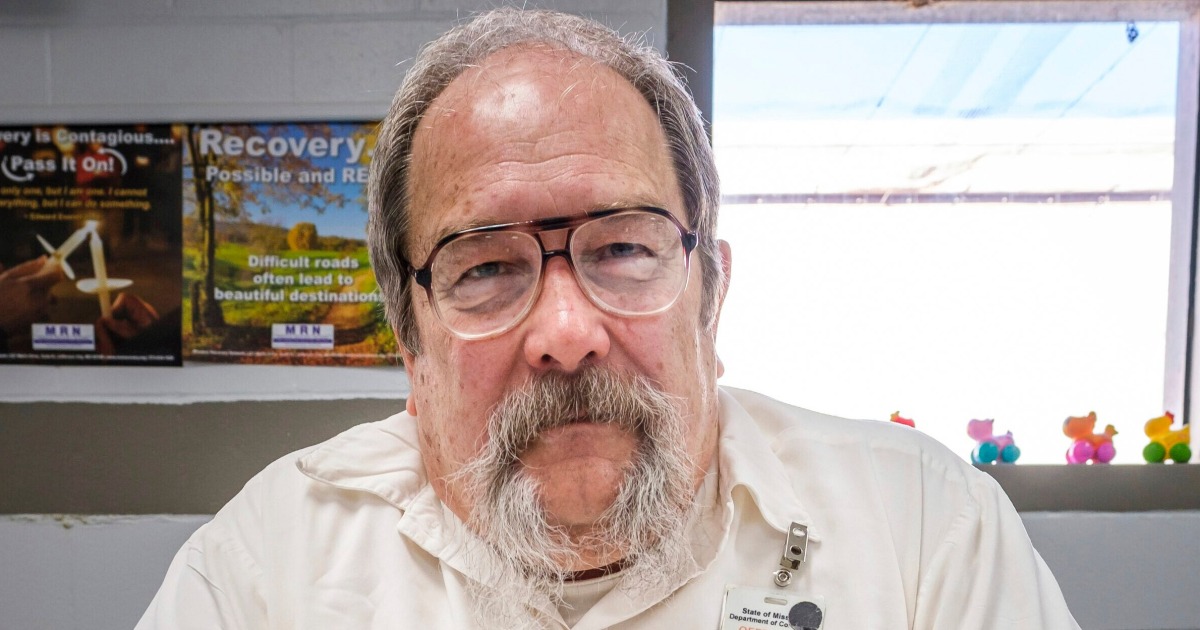David Hosier Executed for Double Murder, Maintaining Innocence Until the End
David Hosier, 69, was executed by lethal injection in Missouri on Tuesday night for the double murder of Rodney and Angela Gilpin, a Jefferson City couple, in 2009. Despite maintaining his innocence throughout, claiming a lack of eyewitness, fingerprint, and DNA evidence linking him to the crime scene, Hosier was pronounced dead at 6:11 p.m. local time at Bonne Terre State Prison. His execution marks the second of the year in Missouri and the seventh in the United States.
Hosier was convicted in 2013 after a jury unanimously recommended the death sentence. His case attracted significant attention due to his vocal disagreements with his legal team's clemency petition, which focused on his troubled childhood and mental health instead of the specifics of the crime. The petition cited his father's murder when Hosier was 16 as a traumatic event that affected his mental health throughout his life.
Governor Parson and Legal Battles
Missouri Governor Mike Parson rejected Hosier's plea for clemency, stating that Hosier deserved the maximum punishment under the law. Prosecutors painted Hosier as a jilted ex-lover who killed Angela Gilpin and her husband in a fit of jealousy after she ended their affair to reconcile with her husband. Hosier was captured in Oklahoma, where law enforcement found numerous firearms, ammunition, and an incriminating note in his car, which led to his conviction for first-degree murder, armed criminal action, first-degree robbery, and unlawful possession of a firearm by a felon.
In his final moments, Hosier thanked his spiritual advisor, Rev. Jeff Hood, and left a written statement expressing love and urging others not to cry for him but to join him in spirit when their time comes. His last meal consisted of New York steak, a baked potato, Texas toast, Dutch apple pie, orange juice, and milk. This case highlights the ongoing debates over the death penalty in the United States, where 24 executions have already taken place in 2023, while six states observe a moratorium on executions.
- In previous interviews from jail, Hosier expressed frustration over how his lawyers handled his clemency petition. He argued it should have focused more on the circumstances of the crime rather than his troubled past. Additionally, he claimed that he carried guns for hunting and took long drives to clear his mind, denying any intent to flee when apprehended in Oklahoma.
- Prosecutors found an incriminating note in Hosier's car reading, 'If you're with someone, don't lie to them' and 'be honest with them if something goes wrong. If you don’t, this could happen to YOU.' Despite inconclusive ballistics tests linking him to the crime, the jury convicted him based on the overall evidence presented.
- Hosier’s final statement, 'I leave you all with love. Don't cry for me. Just join me when your time comes,' indicates his attempt to leave a legacy of peace despite his grim circumstances. The execution underscores the complex issues surrounding capital punishment, including the treatment of mental health and past trauma in legal defenses.






